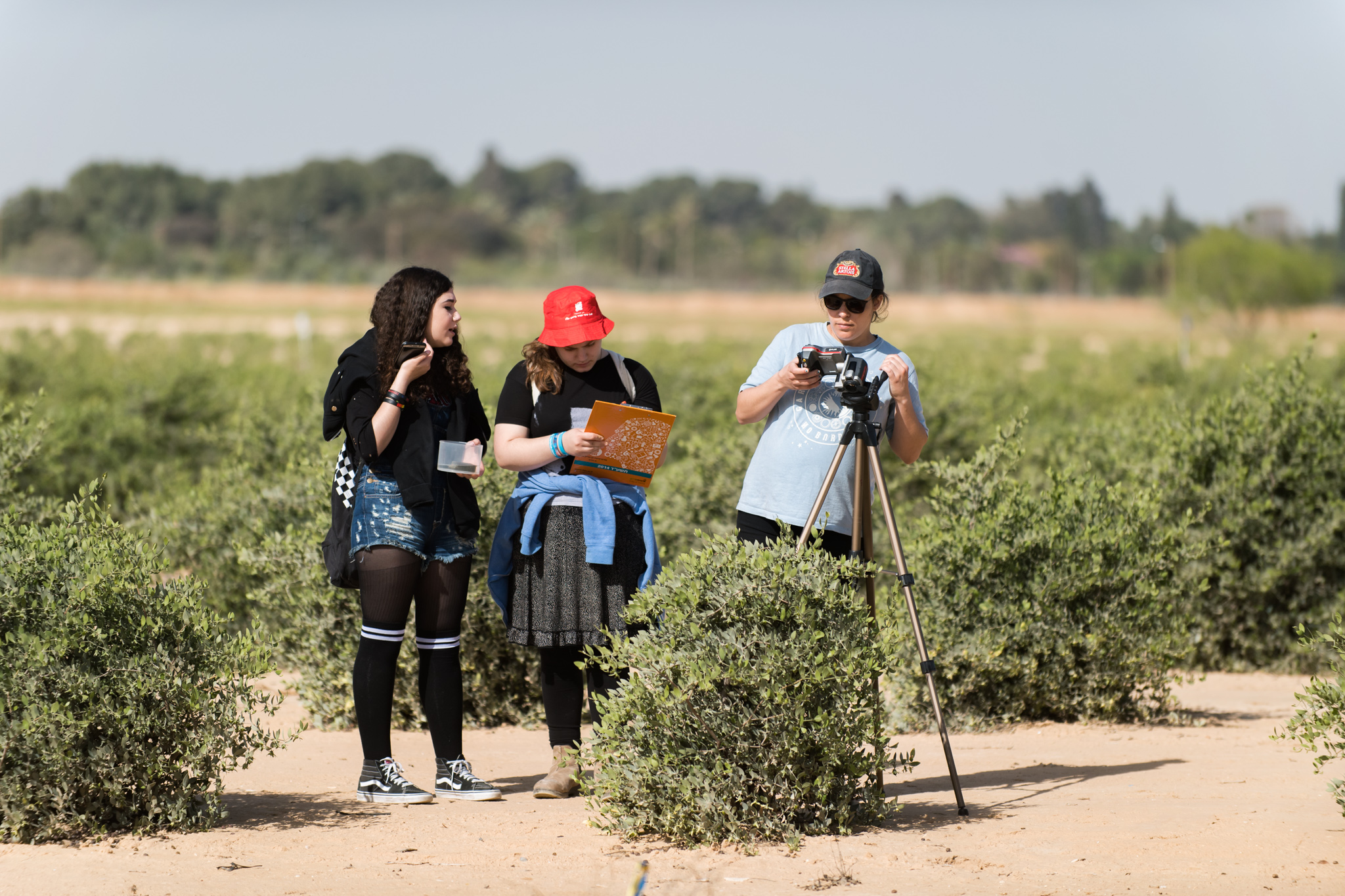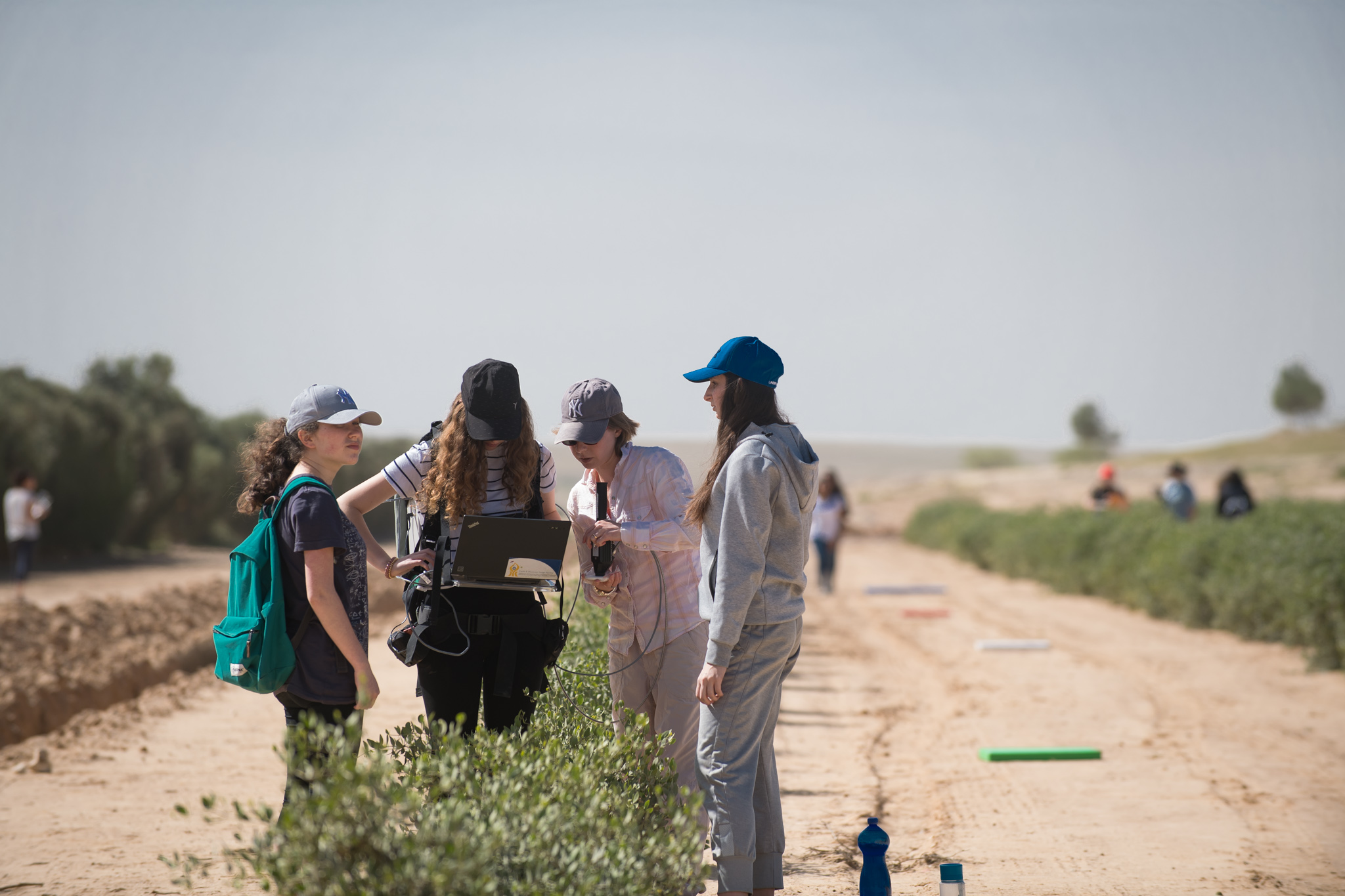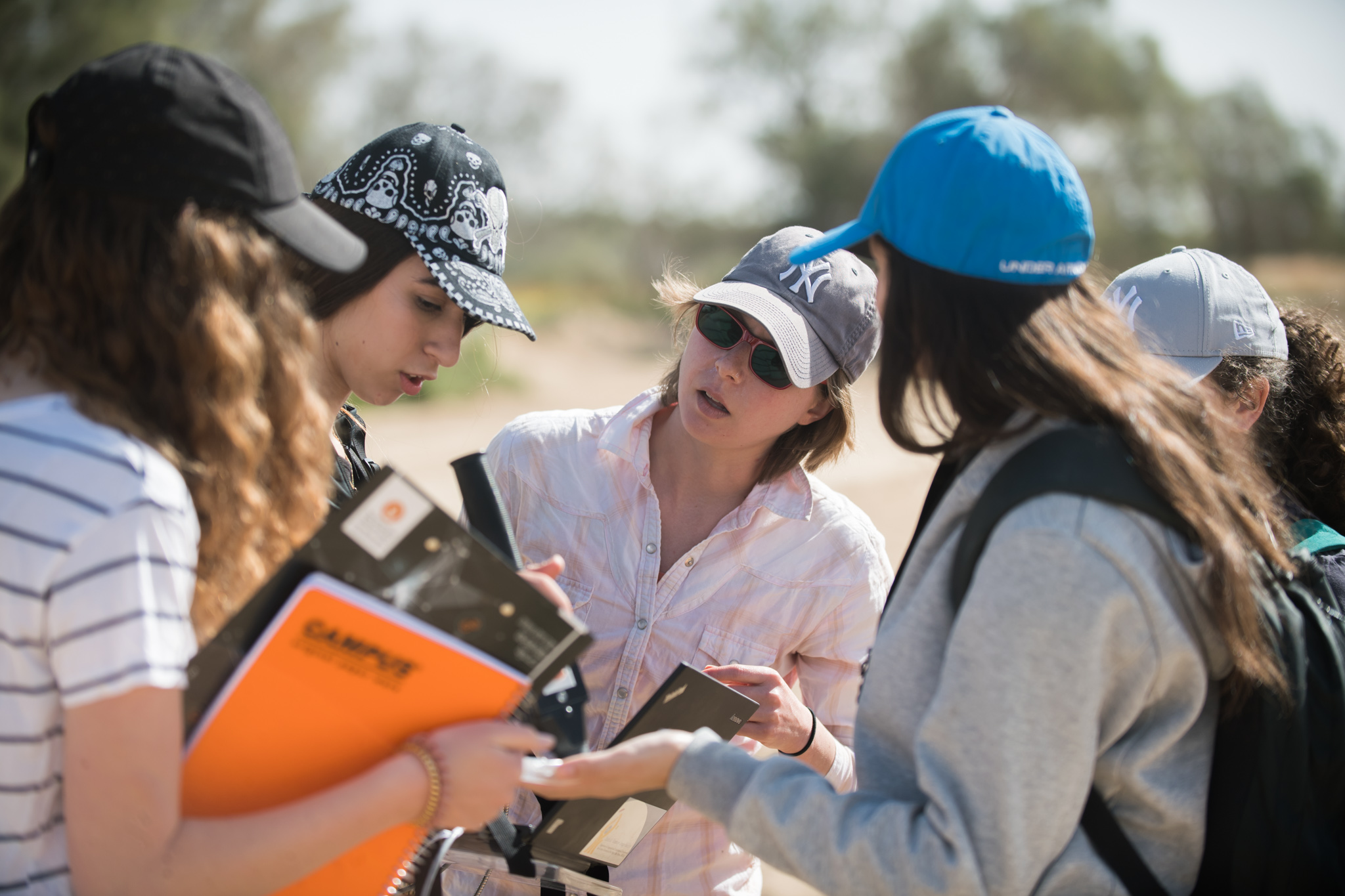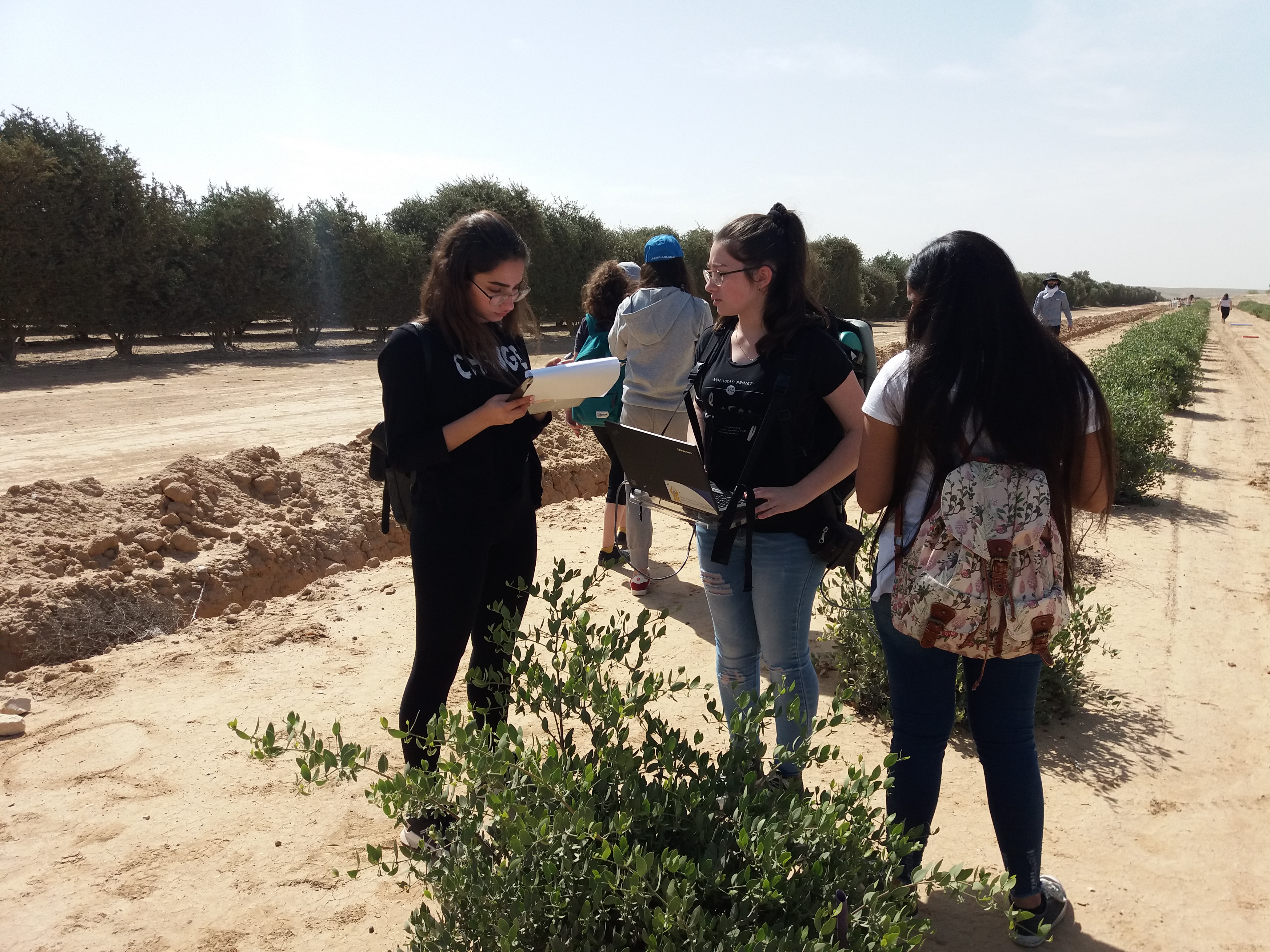In the years 2023-2024, "She Space" is funded by the ICA Foundation. 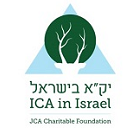
She Space, a first-of-its-kind educational space science project for the
development of satellite imaging research applications! The She Space
program was built to inspire young girls to study science, technology,
engineering, arts and mathematics (STEAM) subjects. The basic premise of
the program is that exposure to advanced scientific disciplines, especially in
an active research context, encourages young women to continue studying
science throughout their educational careers. She Space uses exposure to
remote sensing to push high school-age girls outside of their comfort zones
and help them learn about STEM subjects without preconceptions and
existing stereotypes.
The project began in its first year (2017-2018) with the concept "women and
space" and included groups of high school-age female students from
southern Israel. This collaborative effort between the Earth and Planetary
Image Facility at Ben Gurion University of the Negev and Beit Yatziv,
was funded with the initiative and assistance of the Israeli Space Agency
within the Israeli Ministry of Science and Technology.
The Venus research satellite, which is the result of a collaborative effort
between the French and Israeli Space Agencies, launched successfully in
August 2017. Satellite image analysis is a central part of information
gathering in remote sensing. With the development of new sensors, it is also
necessary to develop specifically tailored image processing methods uniquely
suited to the sensor's properties. With the successful launch and the
excitement and expectation of the first images from Venus, the first year
of She Space presented a unique opportunity to combine groundbreaking
research with state-of-the-art remote sensing application(s) development.
This singular combination of exposure to the Israeli space industry and
development of advanced research at the academic level, provided a very
fertile environment for the personal growth and empowerment of
participants in the first year of the She Space program. In particular, the
program specifically emphasized the contributions of women scientists and
researchers in space science.
In the year 2019, She Space has gone international, and it has been a
resounding success! The addition of the international component of the
program added several key elements: 1) students had to interact in English,
which added an element of language exposure and challenge; 2) students
learned about scientific communication, and 3) each group acted as
ambassadors for their respective countries and for the space agencies of
those countries.
The students who participated in 2019 came from four countries: Israel,
Germany, the United States, and Brazil. Students contributed to individual
research projects using satellites launched by their countries: Venµs Satellite
(Israel), Sentinel-2 (Germany), LandSat-8 (U.S.), and a new China-Brazil
joint research satellite venture (Brazil). Each group studied a research
question related to environmental issues in their native countries. The
students in each group then had to work together to produce final, group
presentations combining the results of their individual projects. Participants
used advanced scientific research instruments, computer programs, and
techniques that are all actively in use at the labs and organizations that
helped to run the program.
Project participants actively experienced what it is to be a researcher and
doing scientific work using real, advanced research techniques by working
with advanced global research laboratories including, the Earth and Planetary
Image Facility (EPIF) at Ben-Gurion University of the Negev, the DLR SchoolLab Oberpfaffenhofen in Germany, the Aerosol Laboratory at Texas Tech
University in Lubbock, Texas and the Federal Rural University of Pernambuco
Brazil.
Last year (2023), we expanded even further, and participants in the student
project included research teams and senior professionals from the global
space industry from 10 countries (South Korea, Togo, Ivory Coast,
Switzerland, Spain, Germany, Brazil, the United States, Austria, and of
course, Israel).
research reports:

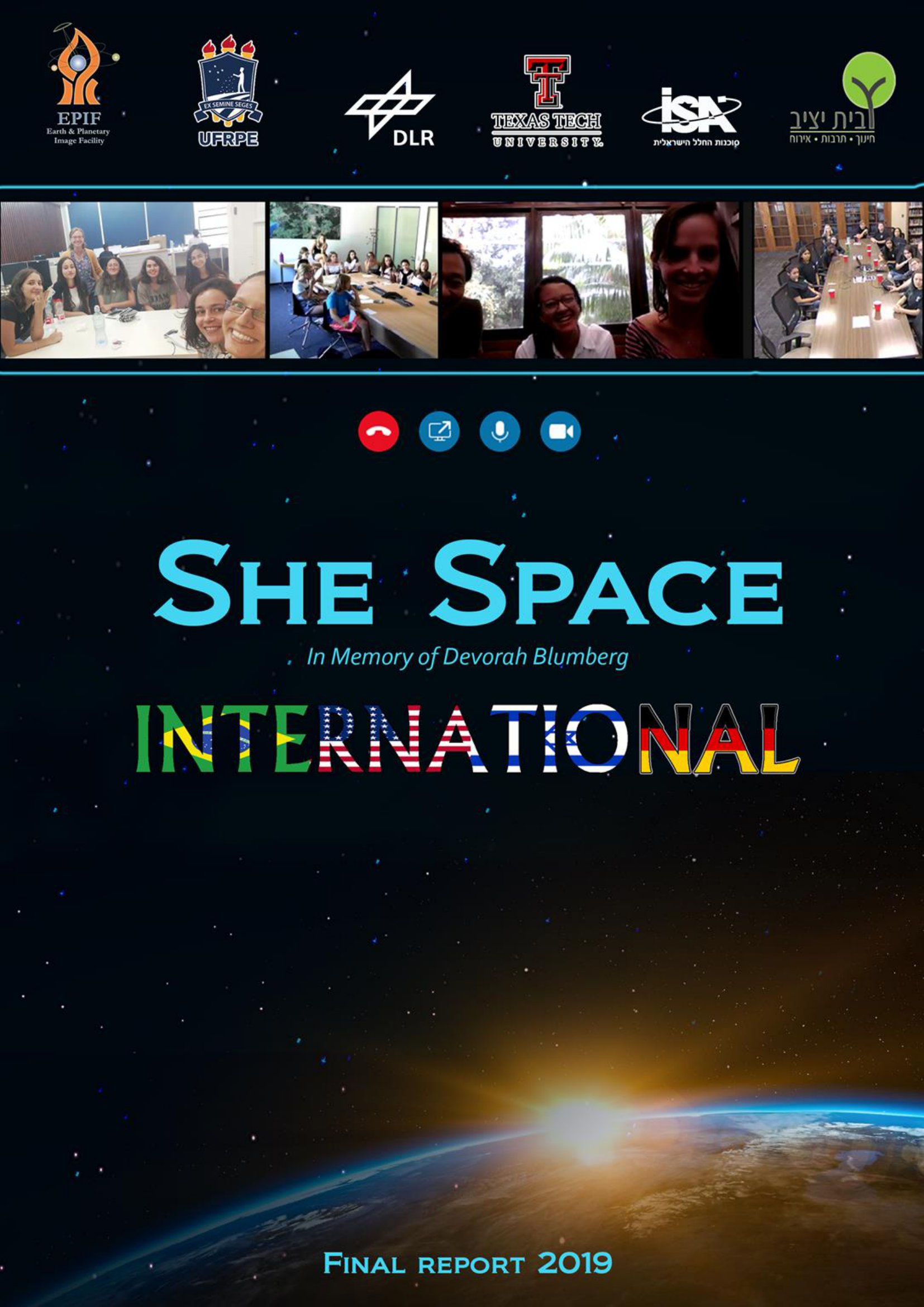

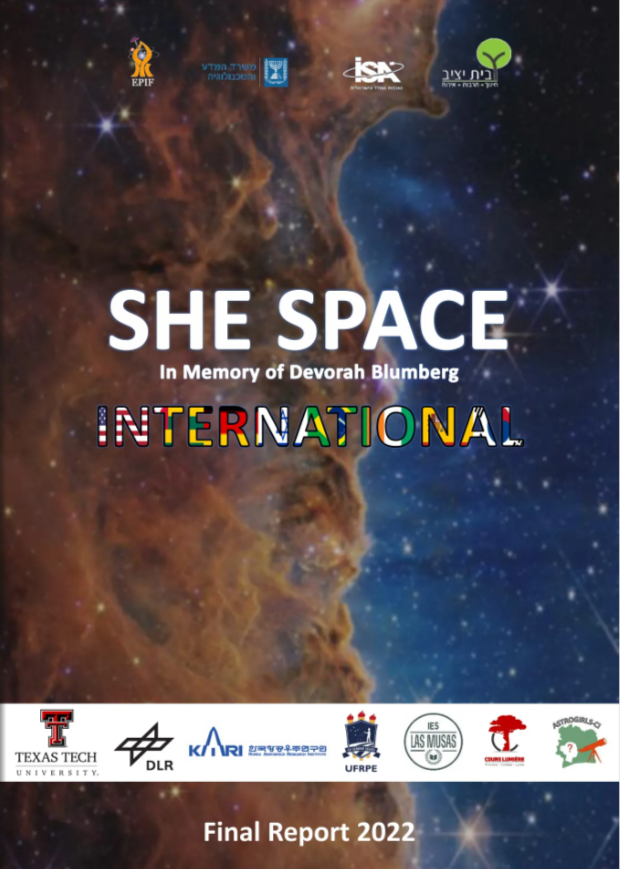
GALAXONATA:
.jpg)
In The Media
Publications
To register and apply, please fill out the following form




